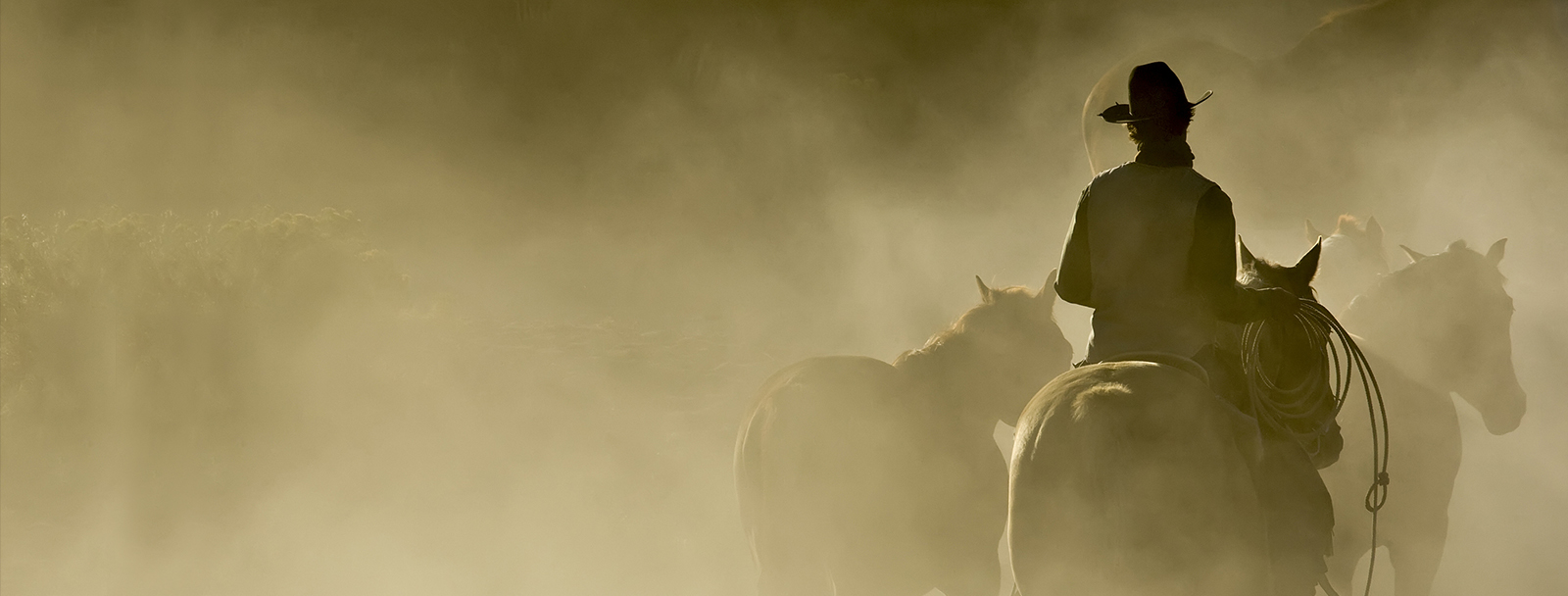Many of us have heard the statement, “Write what you know” so often it has become a cliché.
It intimidated me the first time I heard. Write what I know? I don’t know all that much that would make a good story. To me,  my life the opposite of Hitchcock’s definition of a movie: life with the dull parts taken out. Mine had all the dull parts left in.
my life the opposite of Hitchcock’s definition of a movie: life with the dull parts taken out. Mine had all the dull parts left in.
I’d had some traumatic and horrific experiences, like the death of a child. Fighting the siren song of alcohol. Making decisions in my work in public child welfare that would change a child’s life forever. All were—and many still are—too close, the emotions too raw.
Besides, I wanted to write what I enjoy: stories with mystery and suspense in unique story worlds.
Then the revelation came: Know What I Write.
When I had the idea for my first novel, Journey to Riverbend, I knew it would be either Science Fiction or a Western. The novel needed a significant amount of time to pass where the characters would be out of communication. These two genres were the best fit.
And, because they were two of my most favorite genres to read, I had a head start and was into that second cliché of writing: Read what you write. Study your genre, see what the expectations are, learn how story worlds are built and populated.
I also needed to know how to write: Studying the craft came next. Books, magazines, workshops, conferences. The Christian Writers Guild courses of Apprentice, Journeyman, and Craftsman. Being led to a generous mentor, finding critique partners and groups.
Knowing what I write also means research. For Journey to Riverbend, this meant digging into weapons, stagecoaches, trains, the economy, and religion. Being a history major in college, the research methods were still there. Just a tad rusty but a little mental WD-40 and they came back. And so much easier with the Internet.
Write what you know is still excellent advice. Those true life stories I mentioned earlier do come out in my writing. Digging into my own experiences helps me discover those emotions and conflicts I want to place in my characters. What fear feels like to me helps me show it in my characters.
Any feeling we ever experience is still in us, in our memory, ready to help develop real and complex characters. Pull it out, make it worse for our character and put it in the book.
Knowing what you write is equally valuable in making what you know a meaningful experience for your reader.
How do you use what you know to improve your story telling?



If I wrote only what I knew, I would be a very boring writer. Research is crucial, in characterization, plot, and scene. I’ve read that Gene Roddenberry, responsible for the Star Trek sagas, was constantly studying the scientific world.
That’s true, he did.
No matter what genre or time period we write, we need to do the research, to know what we write.
I think of DiAnn Mills and Steven James and all the research they do with the FBI to get their novels right.